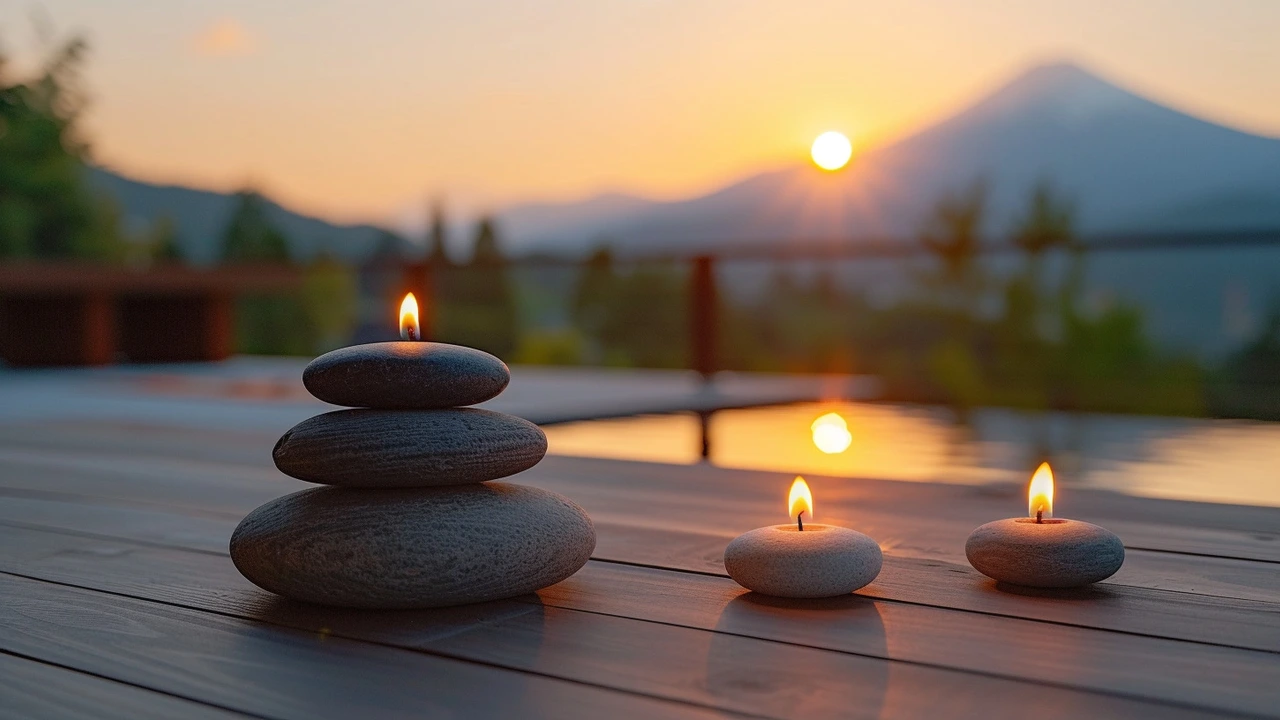Resilience Techniques: Easy Practices to Bounce Back Faster
When life hits hard, your reaction matters more than the event. These resilience techniques focus on small, practical actions you can use right away and build into your day. No long rituals—just tools that work when you need them.
Quick skills you can use right now
Box breathing: inhale for 4 seconds, hold 4, exhale 4, hold 4. Do this three times when you feel overwhelmed. It calms your nervous system fast and clears your head.
5-4-3-2-1 grounding: name 5 things you see, 4 you can touch, 3 you hear, 2 you smell, 1 you taste. This brings you back to the present and lowers panic quickly.
Name the feeling out loud. Saying “I feel angry” or “I’m disappointed” removes some of the emotion’s power and helps you choose the next step. It’s a tiny habit with big effect.
Reframe one thought. Pick a single negative sentence and add a fact that weakens it. For example, change “I always fail” to “I didn’t get this right today, but I learned what to do next.” Short reframes reduce stress and improve focus.
Daily habits that build long-term resilience
Move for 20 minutes. A brisk walk, short run, or stretching raises mood chemicals and makes your brain handle stress better. Aim for consistency—small daily movement beats occasional intense workouts.
Sleep like it matters. Even one hour more sleep a night can help memory, mood, and impulse control. Try a wind-down routine: dim lights, stop screens 30 minutes before bed, and breathe slowly for two minutes.
Use micro-recovery: schedule three five-minute breaks in your day to breathe, stretch, or step outside. These tiny pauses stop stress from piling up and keep you steady.
Talk to someone. A quick check-in with a friend or colleague reduces stress and offers perspective. You don’t need a long conversation—one honest sentence can change how you feel.
Try biofeedback basics. You don’t need fancy gear to start—track your breathing, notice pulse changes, and practice slowing your breath to lower tension. If you like tech, simple apps or devices can show progress and motivate you.
Make creativity a routine. Draw, journal, cook, or play music for 10 minutes. Creative acts help process emotion and give your brain a break from problem loops.
Use scent where it helps. A spritz of citrus or lavender can shift mood quickly—perfect for travel, work breaks, or bedtime.
Pick one technique and repeat it daily for two weeks. Skills grow with small, steady practice. If you’re stuck, try combining a quick skill (box breathing) with a daily habit (a 20-minute walk).
If stress keeps you from functioning, reach out to a professional. These techniques reduce everyday strain, but you don’t have to handle everything alone. Try one tool today and see what changes in a week.

Stress Reduction Strategies for a More Balanced Life
Hi there! I've been exploring some seriously helpful stress reduction strategies that can lead us to a more balanced life. Let's dive into the world of calming techniques, resilience building, and effective coping mechanisms to combat daily stress. It's time we reclaim our tranquility, and I'm here to guide you through this self-discovery journey. Trust me, it's easier to find stability than you might think!
Read More